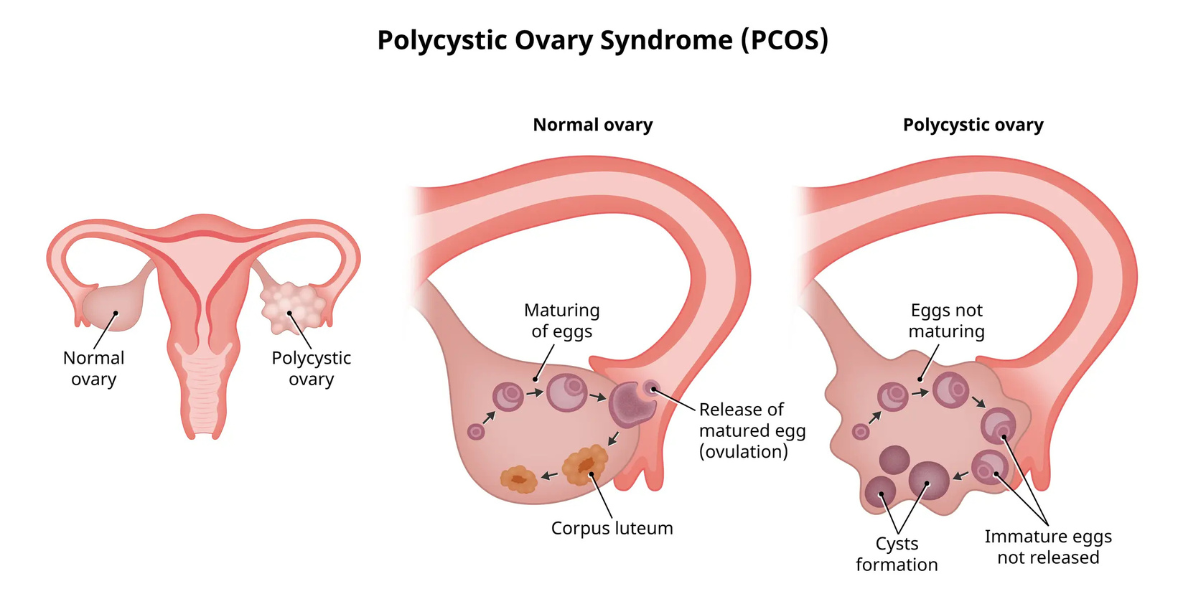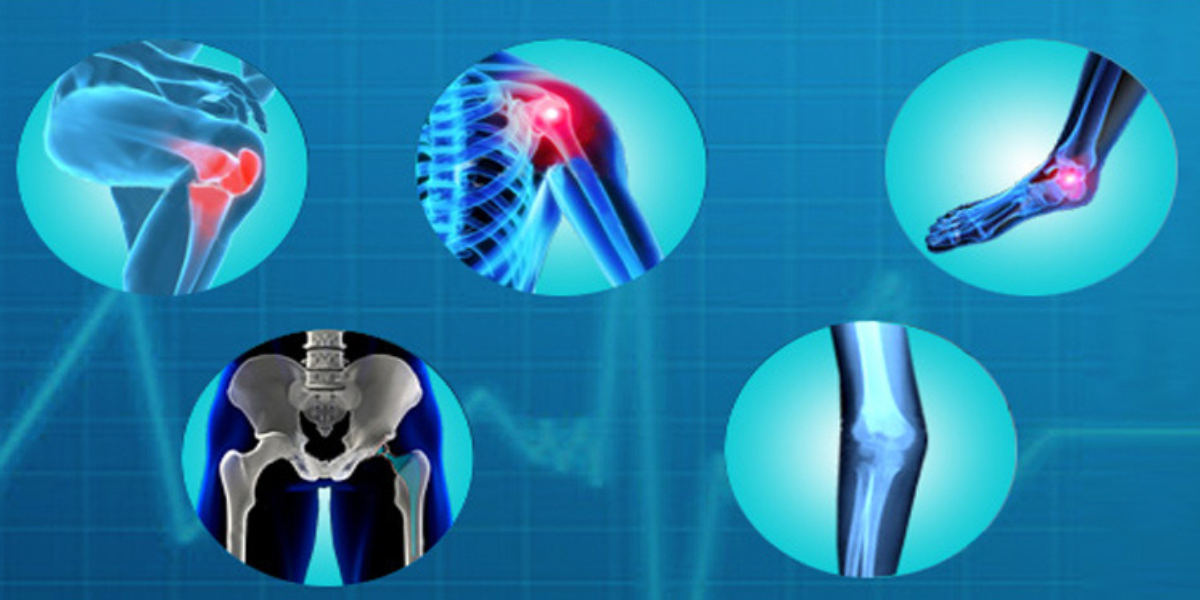
Why Regular Screenings Matter After 45 for Women
As women step into their mid-forties and beyond, their bodies undergo a series of subtle but significant changes. Hormonal fluctuations and the natural aging process all begin to influence overall health in new ways. At this stage of life, it becomes more important than ever to pay close attention to health—not just when symptoms arise, but proactively through regular health screenings. These check-ups can detect issues before they escalate and empower women to take charge of their long-term well-being.
Around the age of 45, most women begin to transition into perimenopause or menopause, a period marked by changes in hormone levels, particularly estrogen. These shifts can impact everything from heart health and bone density to mental well-being and reproductive function. While these changes are natural, they can also elevate the risk for certain conditions such as cardiovascular disease, osteoporosis, type 2 diabetes, and some forms of cancer. Regular screenings help track these shifts and catch early signs of potential health concerns.
Why Prevention is Important
The primary benefit of regular screenings is early detection. Many chronic conditions like high blood pressure, breast cancer, cervical abnormalities or cholesterol imbalances develop silently. A woman may feel fine but still be at risk. Routine tests such as mammograms, Pap smears, bone density scans, and blood panels can uncover problems at a stage when they’re most treatable. Early detection doesn’t just save lives, it can also reduce the need for aggressive treatments and improve quality of life.
Need of Regular Screenings
Screenings are not just about finding disease, they’re also about understanding your body better. They provide a baseline of health that can guide lifestyle changes, nutritional choices and exercise routines. Knowing your numbers like blood pressure, blood sugar, cholesterol, and BMI can help prevent conditions from developing in the first place. For women navigating the physical and emotional shifts that often accompany midlife, these check-ins offer a sense of control and clarity.
Conclusion
Committing to regular screenings after 45 isn’t about fearing illness, it’s about valuing health. These appointments are a chance to partner with healthcare providers, ask questions, and make informed choices. Just as we schedule regular maintenance for our homes or cars, our bodies deserve the same attention. By making screenings a routine part of life, women can age with strength, knowledge, and confidence.






